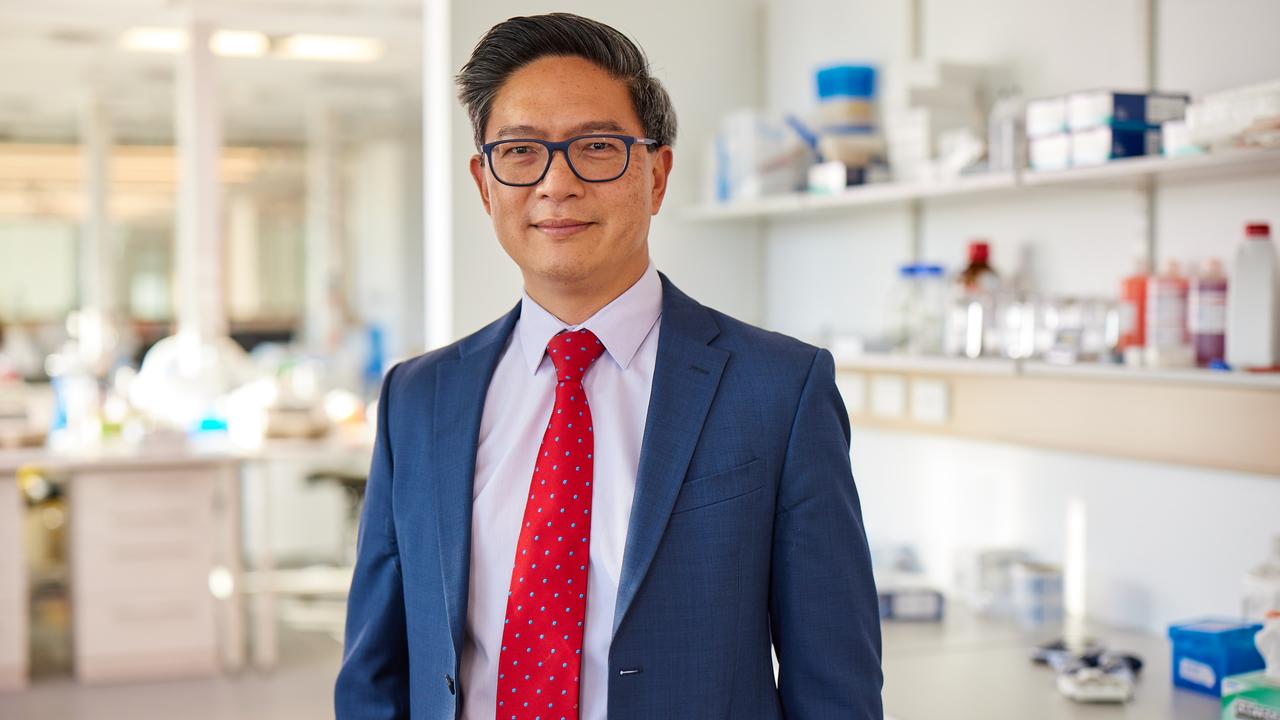St Vincent’s pioneers new metastatic breast cancer treatment
St Vincent’s pioneers new metastatic breast cancer treatment
23 Feb 2024
Breast cancer is the most common cancer type worldwide, but not all breast cancers are the same. The most common subtype express receptor cells which are activated by naturally occurring hormones such as estrogen, resulting in cancer growth and progression.
Anti-estrogen therapy has long been the mainstay of treatment for this type of breast cancer, and are used following surgery to reduce the recurrence rates of cancer, and to treat patients with cancers which have already spread.
But the currently approved estrogen therapies have their limitations, including the development of treatment resistance over time, and can often times negatively impact patients’ quality of life. Clinical trials offer hope to women with metastatic breast cancers when conventional therapies have stopped working.
Led by Prof Elgene Lim, a multisite clinical trial including The Kinghorn Cancer Centre evaluated the safety and efficacy of a new class of medication, oral Selective Estrogen receptor degraders, in the hope it may provide patients with metastatic hormone receptor expressing breast cancers a new form of treatment that works, when conventional therapies fail.
Kinghorn Cancer Centre patient Nancy Calarco was one of the first patients internationally to trial Giredestrant, “If I hadn’t been on the trial, I don’t know that I’d be here now. At the moment, I don’t have any evidence of active disease. I have been on this trial for 50 cycles, which is 50 months. It’s a milestone in the world of phase 1 clinical trials.
“I was very afraid of clinical trials because I didn’t want to be a guinea pig. But I can’t recommend them highly enough. And don’t be afraid to donate your breast tissue for research, because you don’t know whose life you are going to save.”
Australia has one of the highest breast cancer survival rates in the world thanks to advancements made through early detection, research and clinical trials. This means that while the rate of women being diagnosed with breast cancer is increasing, the mortality rate is decreasing.
“A trial is not necessarily a guarantee of a cure, but it will guarantee that we move the field forward. There is a great sense of altruism in our community. Even if a patient has incurable breast cancer, they have the opportunity to make the world a better place for the next generation of women.”, Prof Elgene Lim.

Photo courtesy of the Daily Telegraph.